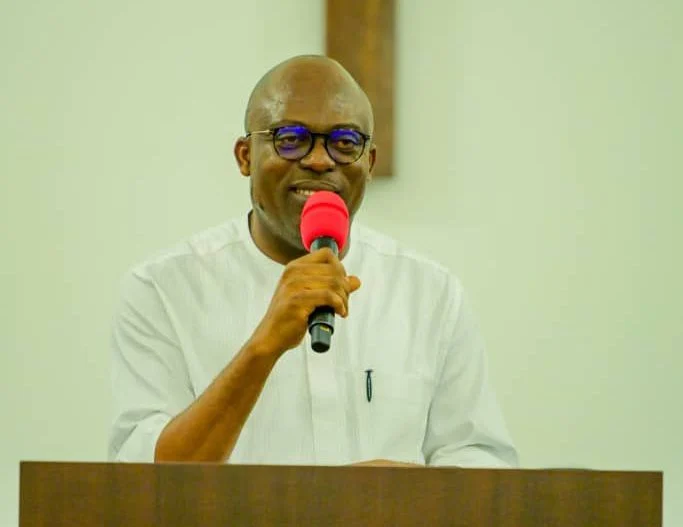The African fashion industry is undergoing a transformation led by a new generation of young designers who are bringing the continent’s rich heritage to the global stage. With unique weaving techniques and patterns that blend tradition with modern styles, these creatives are showcasing Africa’s beauty and creativity to the world.
Africa has the potential to become a leader in the fashion industry, with 37 out of 54 countries producing cotton and exporting textiles worth USD 15.5 billion annually. The continent is also a hub for fashion and design, with cities like Nairobi, Lagos, Casablanca, and Abidjan emerging as key players in the industry.
The “Buy Kenya, Build Kenya” strategy is unlocking the potential of the local market, promoting high-quality designs like the Maasai Shuka, a traditional cotton blanket wrap worn by the Maasai ethnic group. This strategy aims to support local designers and showcase Africa’s unique fashion identity to the world.
African fashion is on the rise, with fashion weeks in 32 countries attracting local consumers and driving economic growth. The sector has created new opportunities for African brands, with exports reaching USD 15.5 billion annually. Fashion is not just about clothing; it is a driver of creativity, innovation, and economic development, creating jobs for women and young people across the continent.
The rise of “Made-in-Africa” fashion is gaining popularity among young people and the middle class, opening up new consumer markets and driving demand for African haute couture. The sector is also a powerful tool for gender equality, with small and medium-sized enterprises benefiting local populations.
However, the fashion industry faces challenges such as insufficient investment, infrastructure, and environmental impact. To build a sustainable and equitable fashion ecosystem, governments and decision-makers need to support creators, protect intellectual property, and promote sustainable practices.
UNESCO is working with designers and partners in the fashion sector to address these challenges and explore opportunities for growth. By fostering innovation, creativity, and cultural diversity, Africa’s fashion industry has the potential to become a global leader in the years to come.



